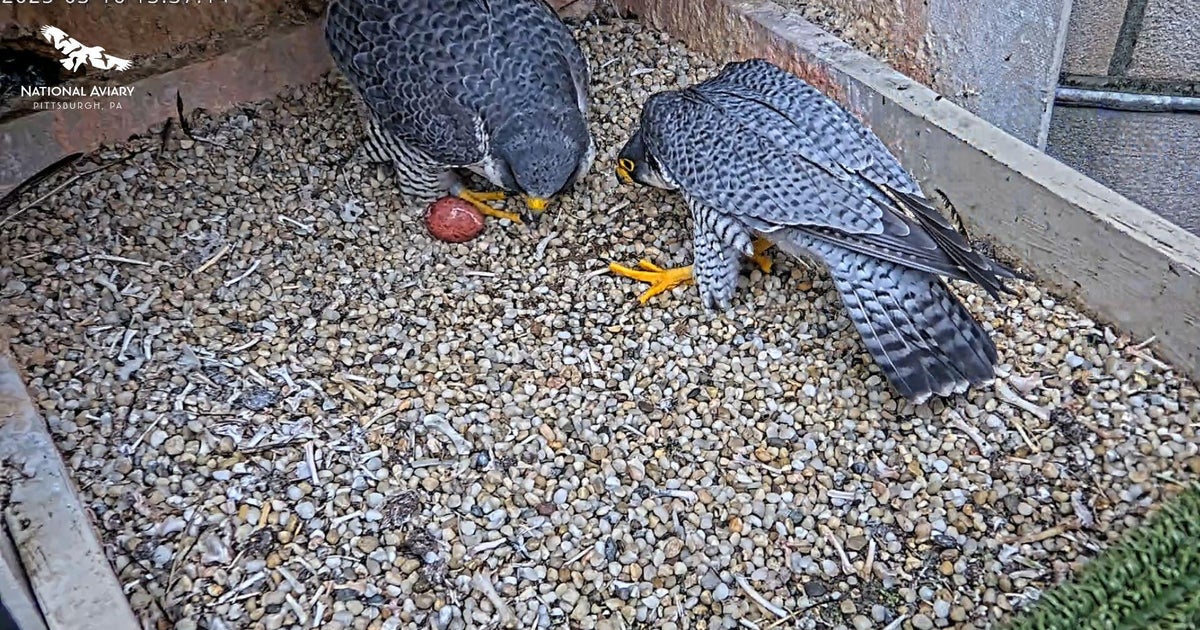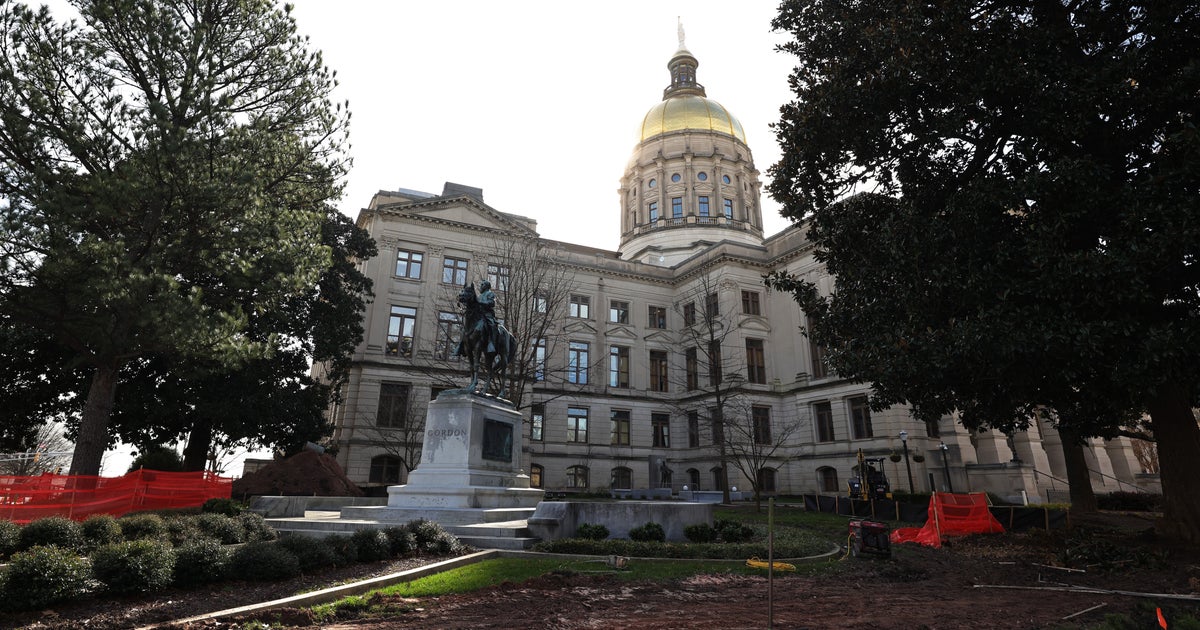State lawmakers pass bill to put limits on bee-killing pesticides
State lawmakers have passed a bill that would limit the number of bee-killing pesticides, making Colorado the ninth overall state to do so. The bill now heads to Gov. Jared Polis' desk for his signature.
This bill is said to come at a crucial time for Colorado when there has been a significant decline, 72%, of the western bumble bee, according to one study.
The bill limits neonicotinoids (neonics), a class of insecticides. According to a study in National Geographic, neonics are 1,000 times more toxic to bees than DDT. Sublethal doses cause immune deficiencies and disorientation, making it hard to forage, fly, return to their hive, and complete other essential tasks like ridding themselves of parasitic varroa mites.
"By passing this bill, we are taking some of the sting out of an increasingly toxic environment for bees," said Ellen Montgomery, public land director with Environment Colorado, in a statement. "Taking these pesticides off the shelves is a critical step toward saving the bees. We can now promise our pollinators, which play such a critical role in the health of our ecosystems from the plains to the mountains, a safer Centennial State into the future. We called for the legislature to help save the bees and they listened. We now urge Governor Polis to sign this bill and make Colorado less toxic for our pollinators."
"From Palisade peaches to Rocky Ford melons, apples to alfalfa, our state depends on pollinators for a healthy food supply and healthy gardens," said Danny Katz, CoPIRG executive director, in a statement. "Pesticides such as neonics, which are so deadly for bees and other key pollinators, should not be sold on store shelves where anyone can just buy them and dump them on our gardens and lawns. The risk to the health of our state is too high and not worth it."
Once the governor signs the bill into law, the new rule must be adopted by January 1, 2024.








